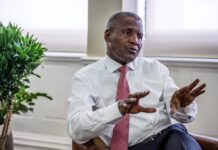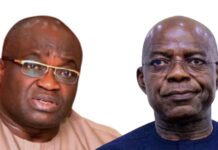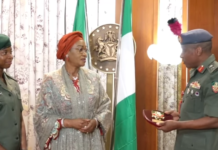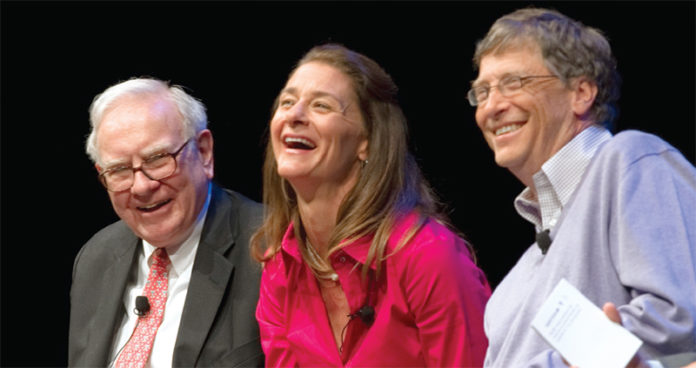Bill Gates has suggested more partnerships with Nigeria’s wealthy are needed to sustain interventions in the country instead of having high net worth individuals stash money abroad.
In a teleconference to mark the release of the latest Annual Letter, Gates, co-chair of the Bill & Melinda Gates Foundation and principal founder of Microsoft addressed questions about giving over his wealth to charity causes and having Nigeria’s billionaires do same.
“We need lots and lots of partners, particularly if they understand the local issues and how the government works locally,” he said.
“They have credibility and understanding that we just don’t have. And so we’d love to have more partnerships like we have with Mr. [Aliko] Dangote.”
The Annual Letter by Bill and Melinda Gates this year addresses “10 toughest questions” the foundation has been asked, ranging from its influence to decisions that guide where and in what it commits funds.
Gates and Warren Buffet founded the Giving Pledge in 2009—where they and other billionaires give at least half of their wealth to philanthropy.
The Foundation commits nearly $4 billion to developing countries.
The conference questioned reluctance of high net worth individuals investing in charity or offering grants to start-ups and civil society groups involved in development.
Dangote Foundation is among only a handful that include Tony Elumelu Foundation and TY Danjuma Foundation willing to finance health interventions in Nigeria.
It comes amidst concern of heavy dependence on foreign donors.
“Whenever I travel I do try to sit down with successful people and encourage them that philanthropy can be a great thing. But I’m always interested in suggestions about how we draw more people in.”
The Gates Foundation and the Dangote Foundation have committed funds to help at least three northern states shore up immunisation programmes.
“The person we work with the most is Mr. Dangote, and I’m always amazed how generous he’s been, both with his resources and his time. Just this week, he and I spent six hours on video conferences with six of the northern states where we, twice a year, check in with them and look at their primary healthcare quality in terms of the staff, the location, the supply chain, and the results they’re getting in terms of vaccination and other interventions.
“And the big challenge of improving the primary healthcare, particularly in the north, I know, we wouldn’t have a chance of doing that without him.”



























